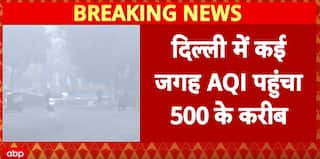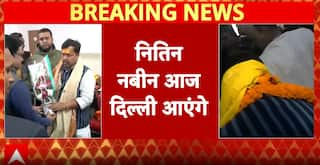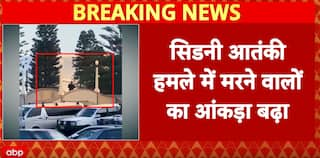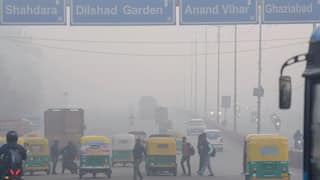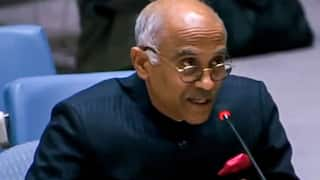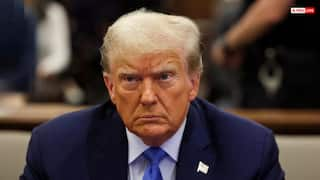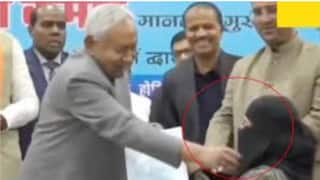Budget 2022 Speech: The Mahabharata Shlok FM Sitharaman Quoted And What It Says About Taxation
During the presentation of the second part of the Budget that deals with direct taxes and income tax slabs, the Finance Minister cited the Shloka 11 from Mahabharata’s Shanti Parva Adhyay.

New Delhi: Union Finance Minister Nirmala Sitharaman Tuesday recited a shlok from epic Mahabharata while presenting the Union Budget for 2022-23 in Parliament.
Starting the second part of the budget that dealt with direct taxes and income tax slabs on direct tax, Sitharaman cited the Shlok 11 from Adhyaya 72 of the Shanti Parva of Mahabharata.
“dāpayitvākaraṃdharmyaṃrāṣṭraṃnityaṃyathāvidhi |
aśeṣānkalpayedrājāyogakṣemānatandritaḥ ||”
What Does The Shlok Mean And How Is It Connected To Taxation?
Translated into English, the Sanskrit shloka means: “The king must make arrangements for Yogakshema (welfare) of the populace by way of abandoning any laxity and by governing the state in line with Dharma, along with collecting taxes which are in consonance with the Dharma.”
After reciting the shloka, the finance minister explained why she quoted it.
“Drawing wisdom from our ancient texts, we continue on the path to progress. The proposals in this budget, while continuing with our declared policy of stable and predictable tax regime, intend to bring more reforms that will take ahead our vision to establish a trustworthy tax regime. This will further simplify the tax system, promote voluntary compliance by taxpayers, and reduce litigation,” she said.
In her budget speech, Sitharaman said alternate minimum tax paid by cooperatives has been brought down from 18.5 per cent to 15 per cent.
She said the surcharge on cooperative societies has been reduced from 12 per cent to 7 per cent for those having total income of more than Rs 1 crore and up to Rs 10 crore, to provide a level-playing field between cooperative societies and companies.
The budget also offered tax relief to persons with disability.
Tax deduction limit has been increased from 10 per cent to 14 per cent on employer’s contribution to the National Pension Scheme contribution account of state government employees, which will bring them at par with central government employees.
This year’s budget was completely digital as the finance minister read it from a tablet, abandoning her ‘bahi khata’ and making this budget a paperless one. Before the bahi-khata, budget documents were carried in a briefcase.











